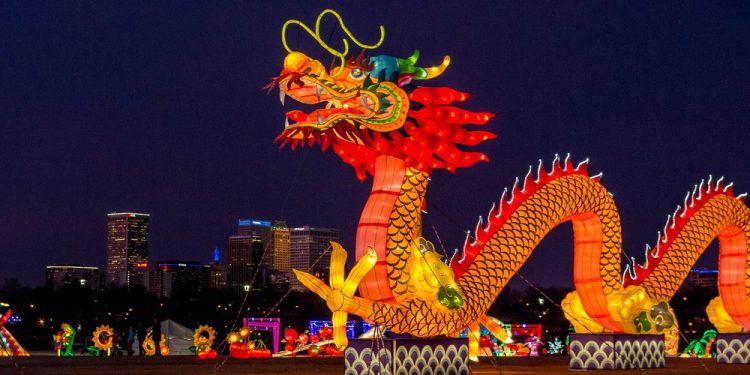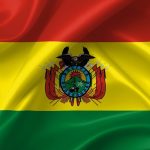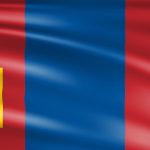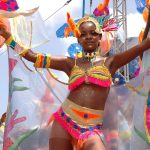
Zhonghe Festival
The Zhonghe Festival is a celebration that has been around for a long time in China. This festival dates back to the Tang and Song dynasties and is also known as the Blue Dragon Festival. The festival is observed on the first day of the second month of the Chinese Lunar Calendar, which means that sometimes it is observed in February and sometimes in March on the Gregorian calendar. It is a holiday that celebrates the “waking of the dragon” and is followed by the Longtaitou Festival, which falls on the second day of the second month on the Chinese Lunar Calendar. The translation of Longtaitou means “dragon raising its head.”
The History of the Zhonghe Festival
The Zhonghe Festival can be traced back to the agrarian traditions of the Tang and Song dynasties in China. This holiday featured ritual worship of the Dragon King, otherwise known as the Dragon God, a Chinese weather god whose role is to bring the spring rains. It is also a day for Tudigong to be worshiped. Tudigong is the Lord of the Soil and the Ground and is sometimes known as Tudishen. He is also referred to as Tudi, which translates simply to “Soil Ground.” This minor deity has traditionally been worshiped by communities in Taoism and Chinese popular religion. In modern times, the Zhonghe Festival and the Longtaitou Festival are celebrated in various ways as part of the same Blue Dragon Festival.
During ancient times, there were practices that have not made it into the modern interpretation of the festival. For example, women were not allowed to sew on this day because they could puncture the dragon’s eyes. Other ancient practices include spreading ashes around the home to invite the dragon to bring enough rain for crops and using firecrackers to pray for rain.
Observing the Zhonghe Festival
The Zhonghe Festival is not observed in many of the big cities in China and may not even be celebrated in every town or village. However, in the places where it is observed, several traditions are followed. For one, people pay respect to the Dragon King. They also make sure the house is cleaned. It is finally suitable to sweep one’s floors because it will not sweep the good luck from the New Year away. Another tradition is to use burning herbs to chase away bugs.
People also eat a variety of different “dragon” foods during the Blue Dragon Festival. This includes eating spring pancakes that represent the dragon’s scales, dumplings that represent the dragon’s ears, and noodles that represent the dragon’s beard. Another custom is to avoid washing clothing on this day. It is acceptable to cut your hair, however. Usually, it is considered bad luck to cut your hair during the first lunar month, but getting a haircut during the Blue Dragon Festival is not only acceptable but is also said to align the person with the dragon’s power and dignity. With enough luck, everyone will receive from the Dragon King enough rain for a successful harvest.








